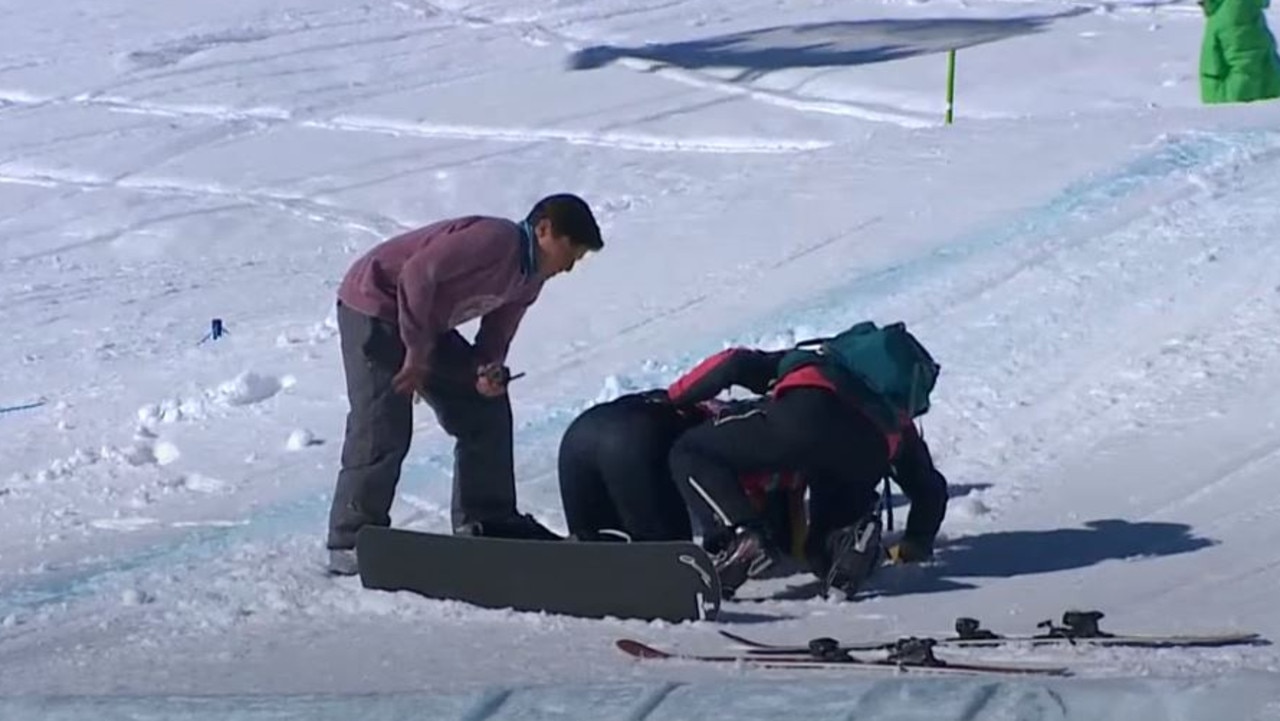China hits back as woman’s Olympic dress sparks outrage
A woman’s dress has taken centre stage at the Winter Olympics in Beijing as China hit back in the middle of an ugly diplomatic stoush.
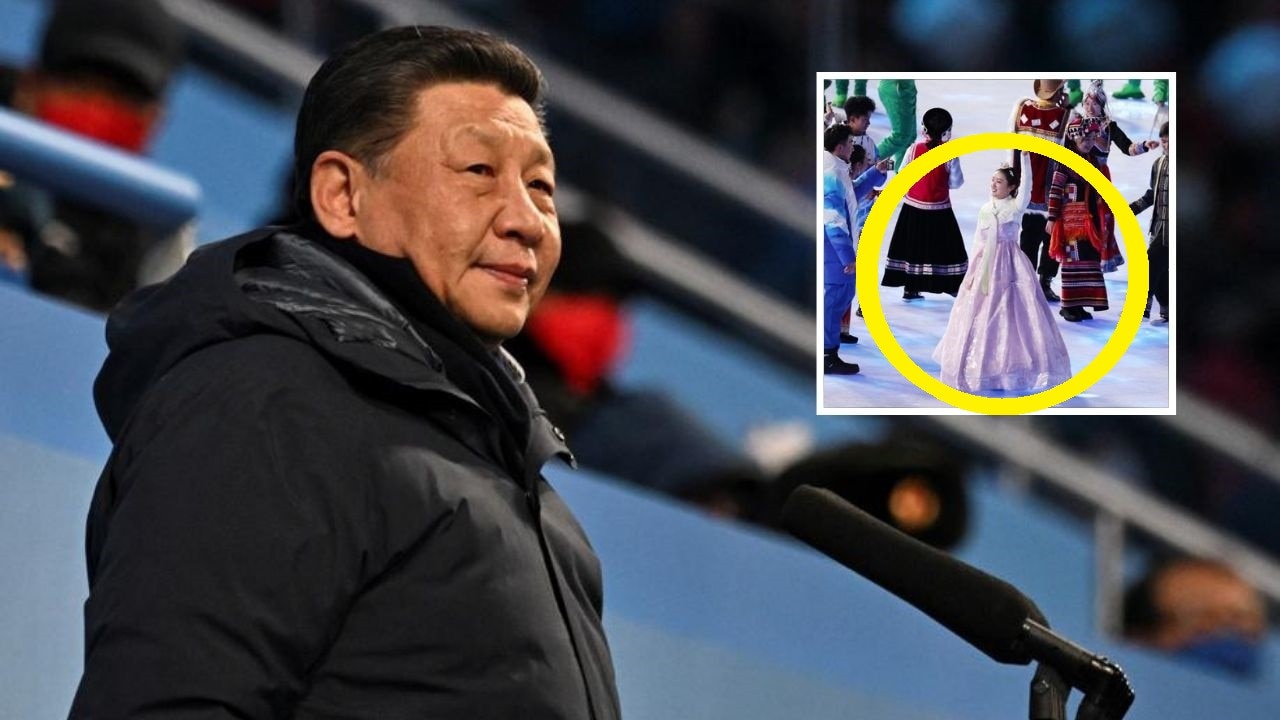
China has defended itself over claims of “cultural appropriation” sparked by a unique item of clothing on show at the Winter Olympics opening ceremony.
A woman involved in the spectacle last Friday night wore a traditional Korean dress, known as a hanbok, and the outfit has become a point of contention between China and South Korea.
The Chinese embassy in Seoul said the outfit was used as part of a routine that represented the host nation’s diverse ethnic groups, describing the woman as a member of an ethnic minority with Korean roots known as the Joseonjok, The Guardian reports.
“It is not only their wish but also their right for representatives of all ethnic groups in China to wear national costumes to attend the Beijing Winter Olympics,” an embassy spokesperson said.
“The Korean people in China and the north and south of the Korean Peninsula share the same origin and have a common traditional culture including clothing.”
The embassy spokesperson also said China “respected” Korean culture and asked South Koreans to “respect the emotions” of ethnic minorities in China.
China is home to one of the world’s largest populations of overseas Koreans — approximately two million people with Korean heritage live on the mainland — and the countries share deep cultural links.
The Chinese embassy’s response comes after a fierce backlash in South Korea over the inclusion of the hanbok in the opening ceremony, with many accusing China of “stealing” the country’s culture as high-profile politicians also weighed in.
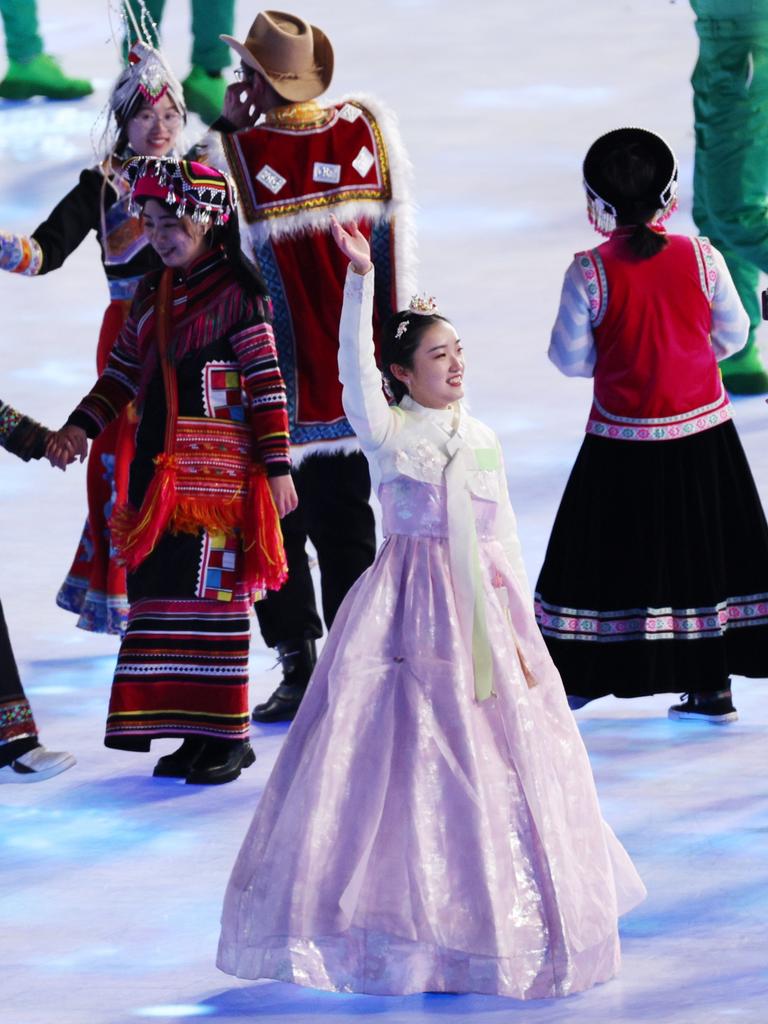
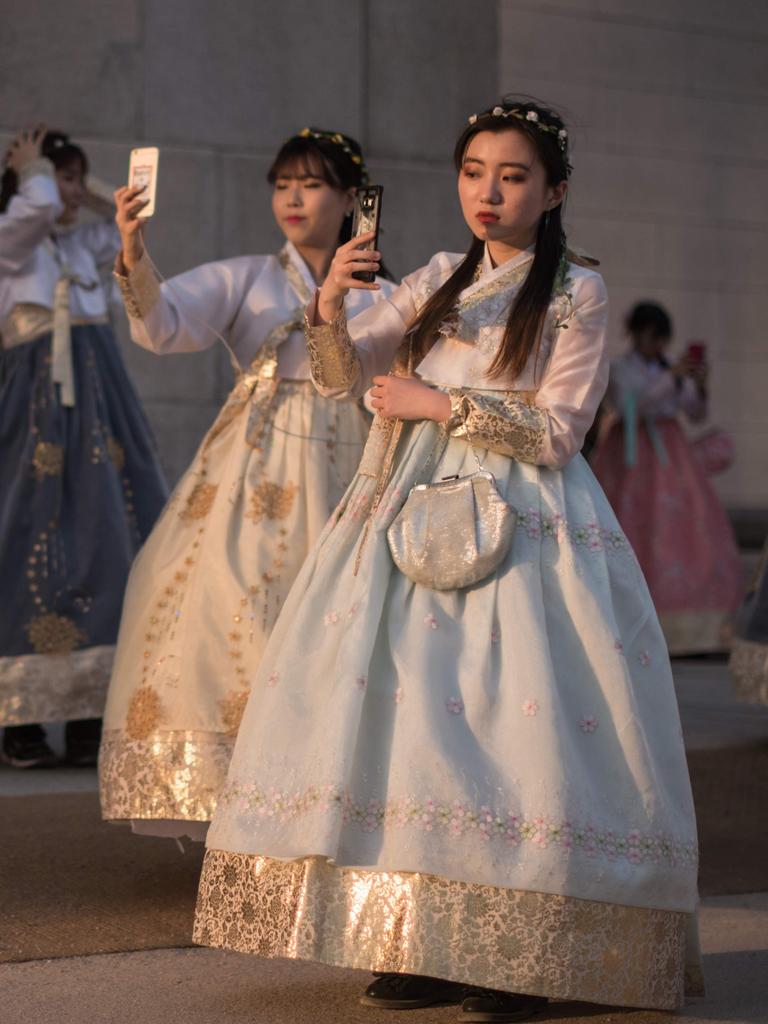
Leading South Korean presidential candidate Lee Jae-myung, of the ruling Democratic Party, condemned China’s “cultural appropriation” and said: “Do not covert (our) culture.”
The office of his main opponent, conservative Yoon Suk-yeol, also accused Beijing of being “disrespectful” and “rude” in its decision to feature the dress, urging Seoul to seek an apology from China.
South Korean culture minister Hwang Hee — who wore a hanbok when he attended the Winter Games opening ceremony — said Seoul has no plans to officially complain to Beijing over the costume but added the issue “may create misunderstandings” between the two countries.
“As I heard news of the entrance of a hanbok-clad performer in the trailer of the opening ceremony, I packed my hanbok outfit before leaving Korea just in case,” he told Yonhap News. “I think that wearing hanbok at the opening ceremony could be a silent protest.”
Democratic Korean MP Lee So-young added: “We deeply regret that hanbok appeared among the costumes of Chinese minorities at the opening ceremony of the Beijing Winter Olympics.
“This is not the first time China has introduced Korean culture as if it were its own. If the anti-China sentiment of the Korean people becomes stronger by leaving this issue as is, it will be a big obstacle when conducting diplomacy with China in the future.”
Seo Kyoung-duk, a professor at Korea’s Sungshin Women’s University and activist, said the incident would serve as an opportunity to “introduce our traditional culture to people around the world”.
“Our history and culture must be protected by ourselves,” he wrote on Facebook.
A top US diplomat also took a swipe at China’s use of the hanbok. Chargé d’Affaires at the US embassy in Seoul, Christopher Del Corso, posted a photo of himself on social media wearing the outfit while touring a historic palace.
🇰🇷하면 ë¬´ì—‡ì´ ë– ì˜¤ë¥´ì‹œë‚˜ìš”?#김치, #KíŒ, #Kë“œë¼ë§ˆâ€¦ #한복 ì€ ë§í• ê²ƒë„ ì—†ì£ .
— Chargé d’Affaires Chris Del Corso (@USAmbROK) February 8, 2022
What comes to mind when you think of Korea?
Kimchi, K-Pop, K-dramas…and of course Hanbok #OriginalHanbokFromKoreapic.twitter.com/GEzazLUEgy
The rebuttals kept coming in Korean media, with local publications taking a stand. The Seoul Shinmun wrote an editorial earlier this week calling it “clearly cultural appropriation” while the Hankyoreh newspaper added: “We need to continue developing neighbourly relations with China, but we also need to be willing to stand up against attempts to distort history.”
South Korea and China have often clashed over issues of cultural heritage. Beijing’s efforts to label kimchi — a staple of Korean cuisine made of cabbage — as a variant of Chinese pickled vegetables known as pao cai sparked fury in the South, where the side-dish is a much-loved accompaniment to almost every meal.
The issue of alleged cultural appropriation isn’t the only element causing friction between South Korea and China at these Winter Olympics. South Korea said earlier this week it will appeal to sport’s top court over “unfair” officiating in short track speed skating after two gold medal hopes were disqualified.
In Monday’s men’s 1000m semi-finals, world record holder Hwang Dae-heon and Lee June-seo were disqualified for illegal late passing and lane-changing respectively, having come first and second in their heats.
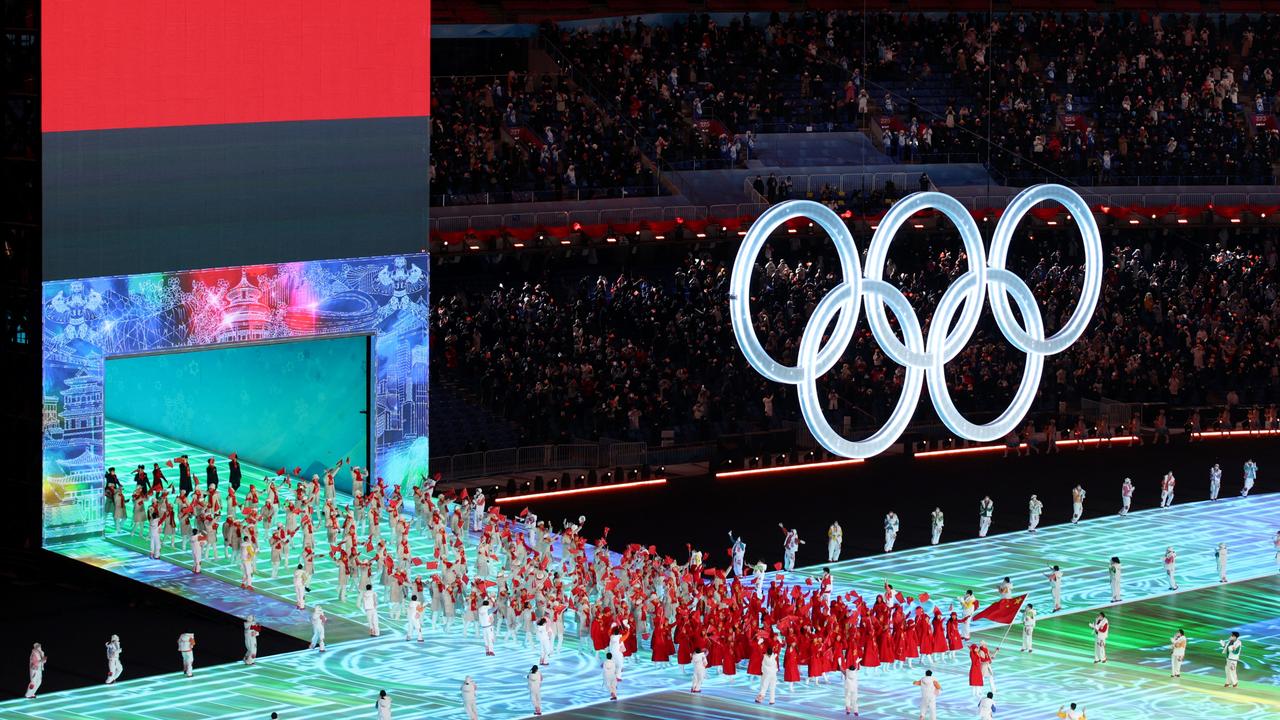
The decisions allowed two Chinese skaters to advance to the final, with the host country collecting gold and silver.
The Korean Sport and Olympic Committee (KSOC) said it would file an appeal with the Court of Arbitration for Sport (CAS) “to formalise the injustice of this decision”.
“We plan to do our best to prevent injustice from happening to our athletes in the international ice skating and sporting communities,” KSOC said in a statement.
The penalties enraged South Koreans, with many claiming the refereeing was biased.
In Beijing, the South Korean team called a press conference to express its outrage.
“I believe our athletes all played fairly and I believe they are the winners,” said chef de mission Yoon Hong-geun, adding South Korea had demanded a meeting with the International Olympic Committee.
“We hope that such things will never ever happen again in the future.”
With AFP




